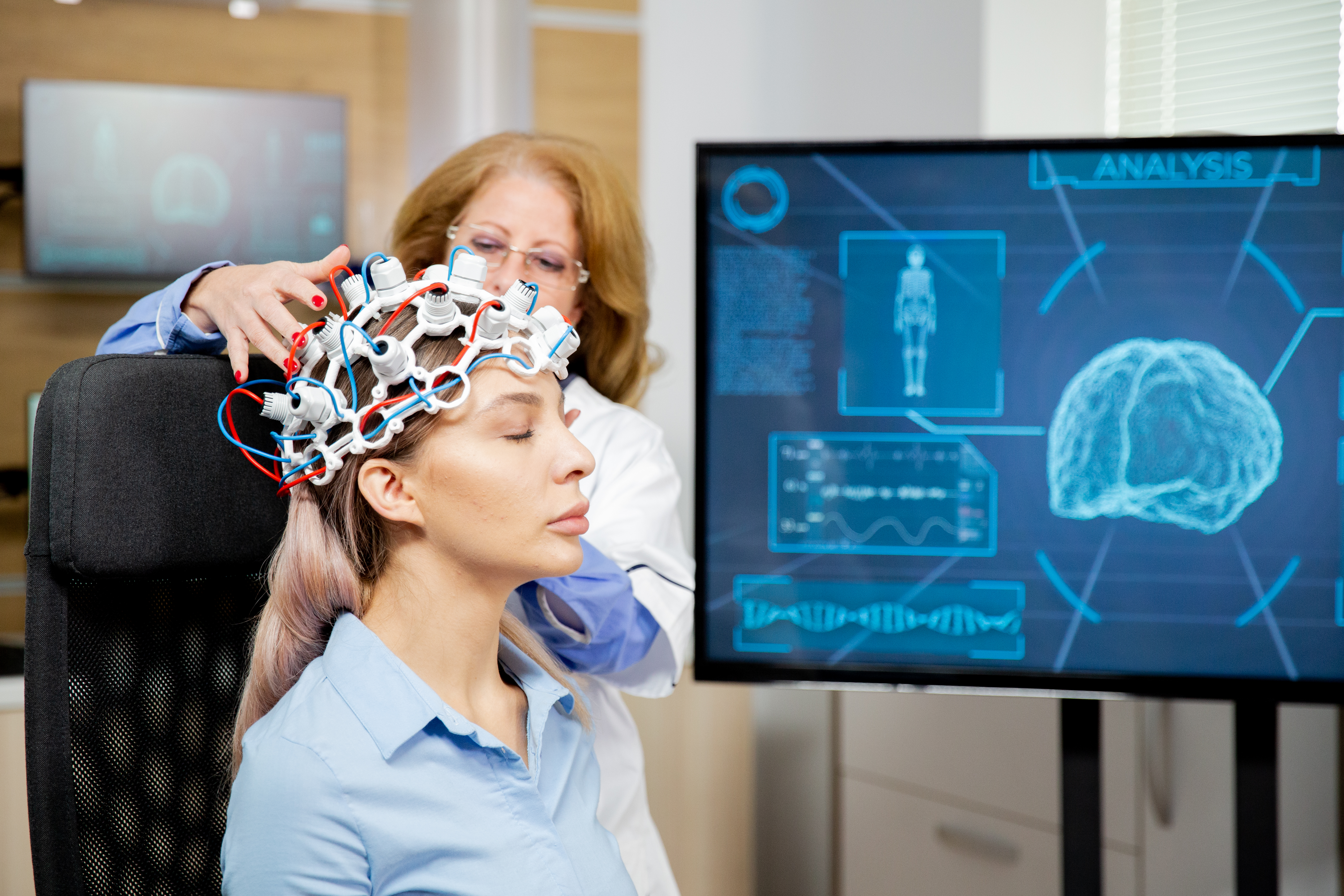Bright Horizons Psychiatry Introduces Transcranial Magnetic Stimulation (TMS) for Improved Mental Health
View This News On
Bright Horizons Psychiatry is a renowned mental health clinic dedicated to improving the lives of individuals facing mental health challenges. Led by Dr. [Doctor's Name], their team of highly qualified professionals provides comprehensive and compassionate care to help patients achieve optimal mental health.
Rockville, MD (Newsworthy.ai) Thursday Jan 25, 2024 @ 7:00 AM AWST
Bright Horizons Psychiatry, a premier mental health clinic, is excited to offer Transcranial Magnetic Stimulation (TMS). This noninvasive, FDA-approved treatment is designed for individuals experiencing mental health disorders. By using magnetic impulses to activate specific brain areas, TMS aims to enhance brain function and promote mental well-being.
Bright Horizons Psychiatry in North Bethesda, Maryland, provides comprehensive psychiatric care for adults ages 18 and over who suffer from mood disorders.

TMS has gained recognition for its effectiveness in managing treatment-resistant depression and obsessive-compulsive disorder (OCD). Many insurance plans cover this treatment. Additionally, ongoing research indicates the potential benefits of TMS in treating anxiety disorders, bipolar disorder, post-traumatic stress disorder (PTSD), and certain personality disorders.
During a TMS session at Bright Horizons Psychiatry, individuals can comfortably sit in a treatment chair while a provider places a magnetic coil over their head. The device is then turned on, allowing patients to relax for 20-30 minutes. During this time, they can engage in activities like reading, watching videos, or listening to music. Mild headaches or scalp soreness are common side effects, but these can be easily managed with over-the-counter painkillers.
The standard TMS treatment plan at Bright Horizons Psychiatry typically involves five sessions per week for six weeks, followed by a tapering period with reduced frequency. The effects of the treatment generally last between 6 to 12 months or even longer. Should symptoms reappear, additional TMS treatments can be safely administered.

